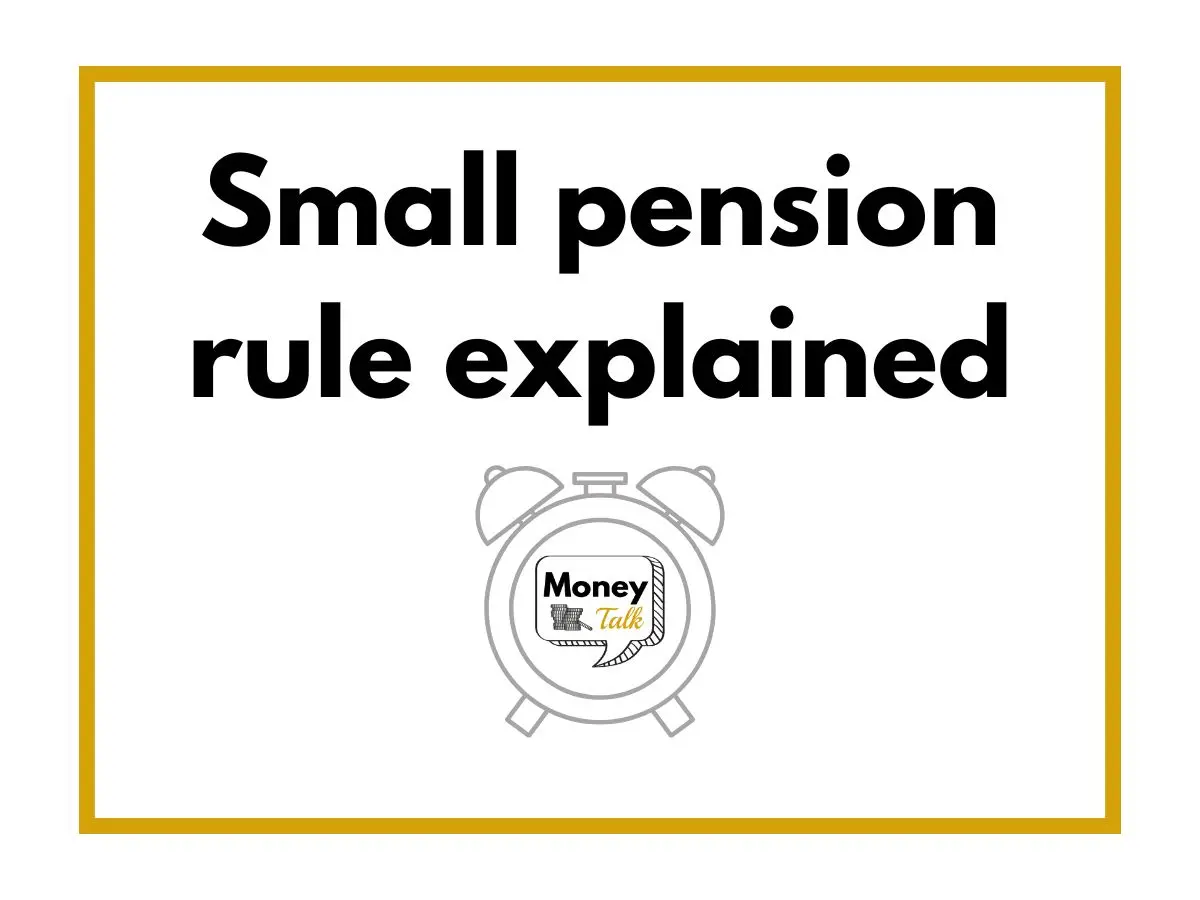Trivial commutation: Small pension pot rule explained
Money Talk is intended to inform and educate; it's not financial advice. Affiliate links, including from Amazon, are used to help fund the site. If you make a purchase via a link marked with an *, Money Talk might receive a commission at no cost to you. Find out more here.
There are various reasons why you might want to merge your pension pots.
For one, it makes your pensions much easier to keep track of and manage.
Over a longer period of time, it should also help you save on costly fees.
But there’s actually a little known “small pension pot” rule that might mean it’s better to leave some of your small pension pots as they are.
Like other pensions related stuff, it’s not the most straightforward rule to understand.
So I got two pension experts – Joel Stevens-Leach, a financial adviser from Dane Valley Financial Services, and Romi Savova, CEO of PensionBee – to help explain how it all works.
What is the small pension pot rule?
The small pension pot rule is also known as trivial commutation, the small pot lump sum rule or the small lump sum rule.
It basically allows you to cash out any pension under £10,000 as a single lump sum when you reach 55, rather than in several stages.
You can do this for up to three personal pensions, or an unlimited number of different workplace pensions.
The first 25% of the lump sum will be paid to you tax free, but you’ll pay income tax on the remaining 75%.
The amount of income tax you pay here will depend on which tax bracket you’re in – so the more money you withdraw, the more tax you’ll pay.
In some cases, it could actually push you into a higher tax bracket.
Are there any benefits to cashing out your pension this way?
The main benefit of trivial commutation is that it will not trigger the money purchase annual allowance (MPAA).
“This means that savers can continue to contribute up to the full annual allowance and may benefit from further tax relief on their savings,” says Savova.
The money purchase annual allowance affects those paying into a defined contribution pension after they’ve already started taking an income from their pension.
Each year, you can pay up to £60,000 into your pension – or the entirety of your income, whichever is lower – and receive tax relief on that contribution.
But when you trigger the money purchase annual allowance, you’ll only be able to pay in £10,000 a year without incurring additional tax.
So if you’re working well into your retirement and still want to top up your pensions – and get tax relief on that money – you’ll be limited on how much you can put in if you cash in a larger pension.
Should merge small pot pensions?
One of the original benefits of a small pot pension was that it didn’t count towards your lifetime allowance for pensions.
But since the lifetime allowance was scrapped in the tax year April 2024, this benefit has evaporated with it.
So if you do have small pots, it might be better to merge them to save on fees and reduce the number of pensions you have to manage.
Read this: Should you merge pension pots or leave them?
How does it work if you also have a larger pension pot?
“The larger pension funds will be accessed in the normal way,” says Stevens-Leach.
That means all the usual taxes and limits apply.
There are a few different ways you can withdraw your main pension though.
Once you reach pension age, you can get free pension advice from the government through Pension Wise to help you decide what’s best for you – including whether it’s worth cashing out any small pots first.
Before that, you’ll need to pay to see a financial adviser who will be able to help you with pension planning.
This can be expensive, but it’s definitely worth doing if your pension is already pretty big.
Read this: How to choose a financial adviser
A note on really small pensions.
A new rule that came into effect in April 2022 banned flat fees on small pension pots.
It only applies to pension pots that are worth £100 or less, but it still means a potential saving for those who have pensions from employers that they’ve only been with for a short amount of time.
It’s worth bearing in mind that management fees that are a percentage of the pension pot’s value may still apply and eat into your pension.
This post was originally published in June 2022. It was updated in March 2025.
Pin this for later






